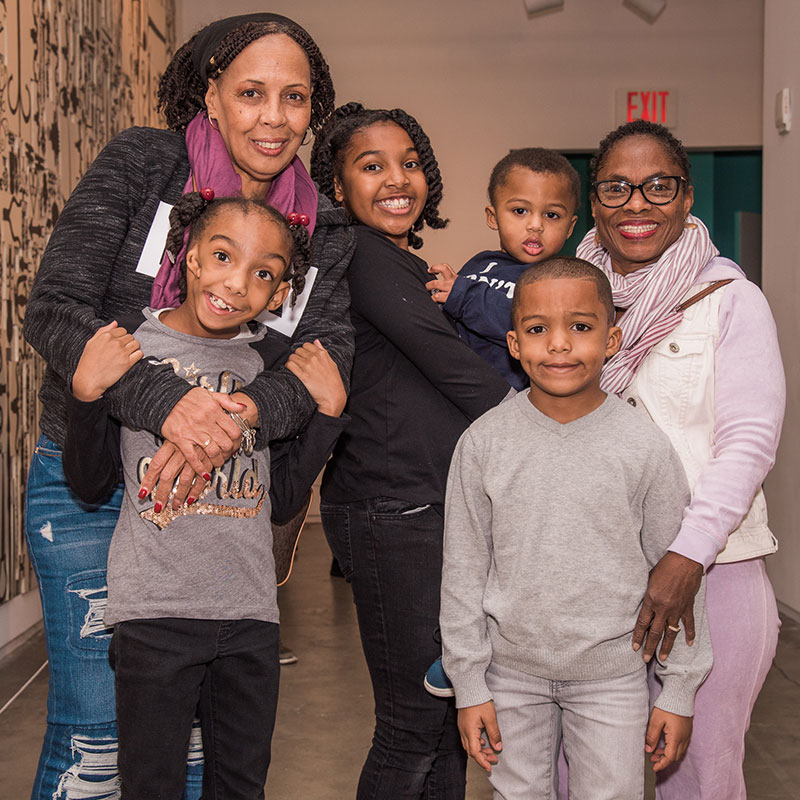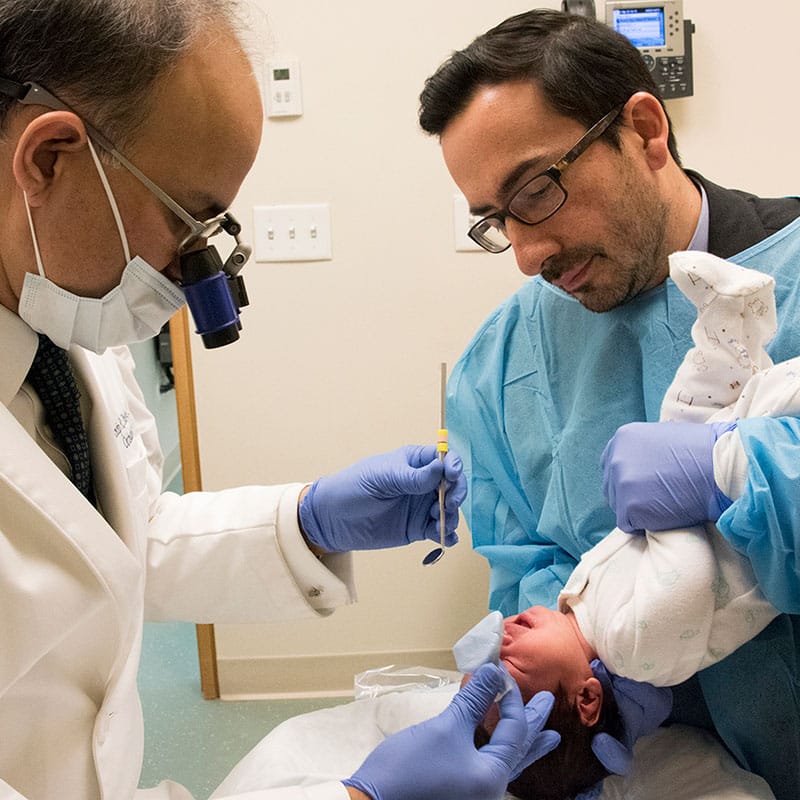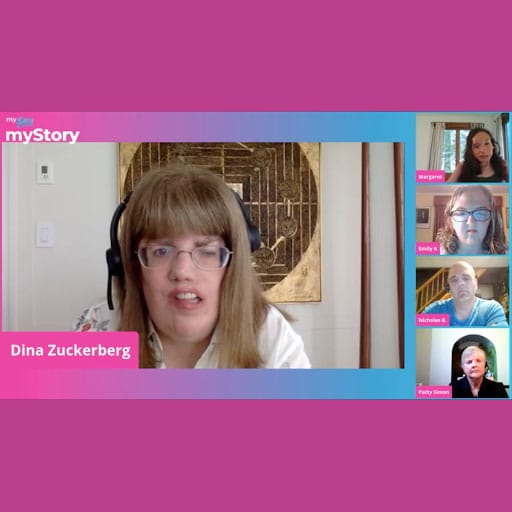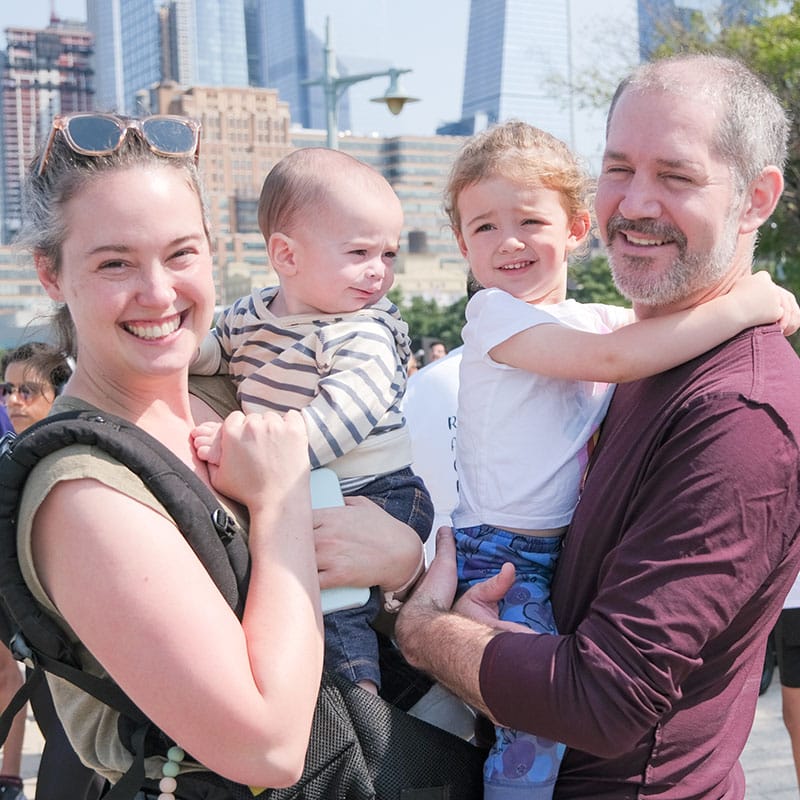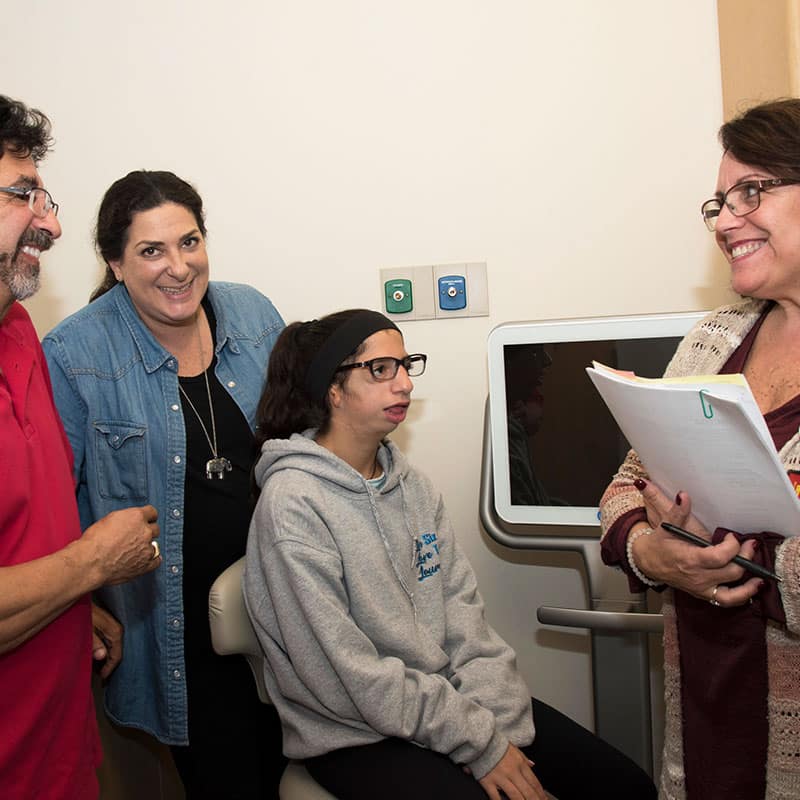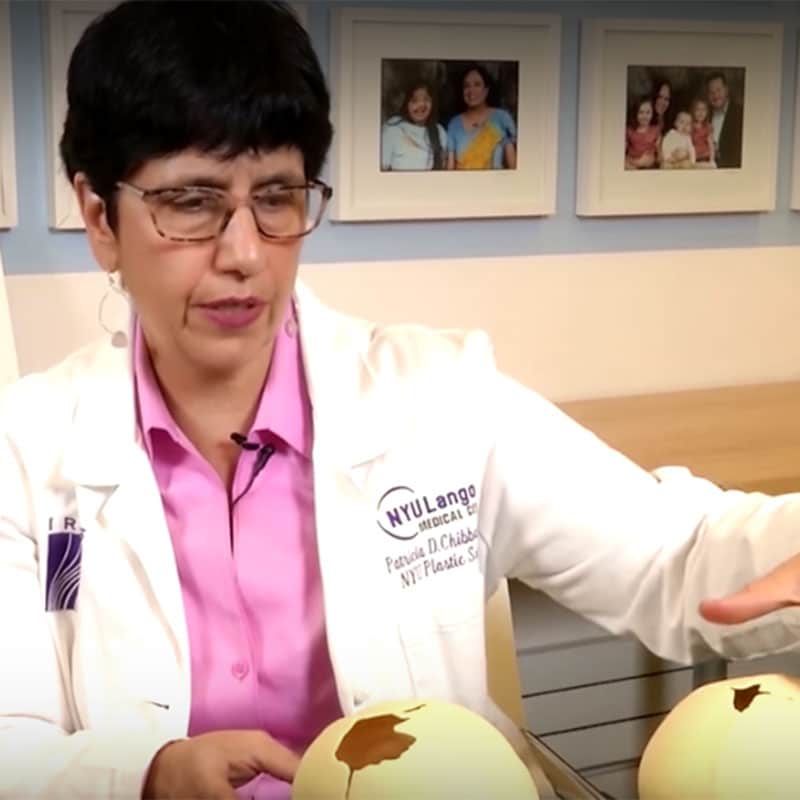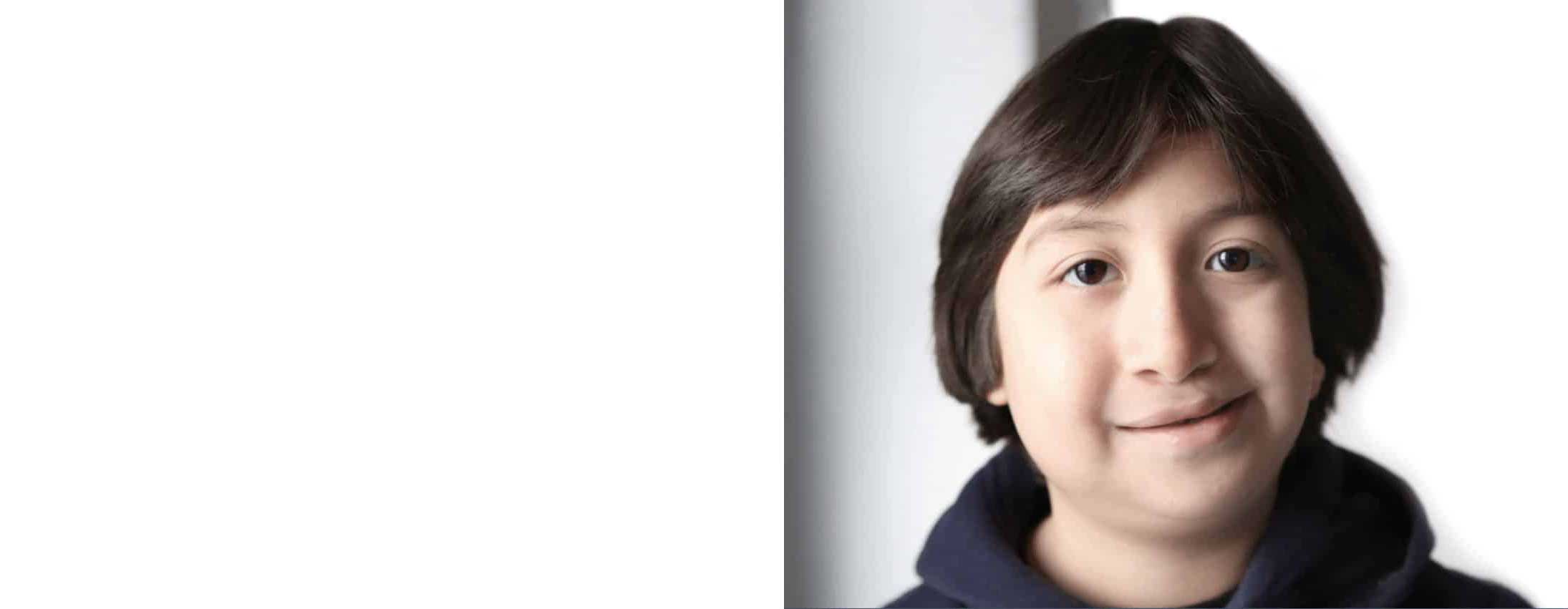Craniofacial Care Teams
To download the PDF version of the guides, click here:
Your craniofacial care team is the group of medical professionals who will collaborate and cooperate to give your child the best possible care.
The craniofacial team does not take the place of your child’s pediatrician, who will still manage your child’s routine health. Your child’s pediatrician should be informed of the treatment plan developed by the craniofacial team so that all your child’s healthcare services may be coordinated.
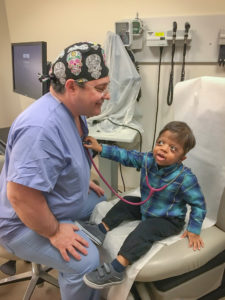 What kinds of healthcare professionals make up a craniofacial care team?
What kinds of healthcare professionals make up a craniofacial care team?
The composition of your child’s craniofacial care team will depend on your child’s medical condition and the specialties available at your child’s craniofacial center. Here are some of the healthcare professionals typically found on a craniofacial care team:
Audiologist
A healthcare professional who diagnoses, treats, and manages individuals with hearing loss or balance problems. An audiologist fits and dispenses hearing aids.
Geneticist/Genetic Counselor
Geneticists are physicians, and genetic counselors are health professionals, both who diagnose and treat conditions that may be caused by changes in genes. Both specialize in the care of individuals and families who may have conditions that are present at birth, including facial differences. Together, the geneticist and genetic counselor provide a medical evaluation to help you understand the cause of a given condition and the chance that other members of your family or future children may have the same condition.
Neurosurgeon
A physician trained in surgical and non-surgical management of the nervous system (e.g., brain, nerves). A neurosurgeon may work closely with the plastic and reconstructive surgeon if your child requires surgery on the skull or facial bones that are close to the brain.
Nurse
A healthcare professional who focuses on promoting and optimizing the health of individuals and families. Nurses on craniofacial teams often coordinate your child’s care with other members of the team and can provide education and practical advice related to facial differences.
Ophthalmologist
A physician who specializes in the medical and surgical care of the eyes. This physician can provide a full spectrum of care including routine eye exams, prescriptions for eyeglasses, diagnosis and treatment of eye disorders, and management of eye problems that may be associated with some facial differences.
Orthodontist
A dentist who specializes in the diagnosis, prevention, and treatment of irregularities of the teeth and jaws. An orthodontist may use braces and retainers, among other methods, to help straighten teeth and align jaws.
Otolaryngologist
A physician, sometimes called an ear, nose, and throat doctor or ENT, who specializes in the diagnosis, management, and treatment of disorders of the ear, nose, throat, and related structures of the head and neck, including the sinuses, larynx (voice box), oral cavity, and upper pharynx (mouth and throat). An otolaryngologist addresses issues such as hearing problems, ear infections, and breathing problems.
Pediatric Dentist (Pedodontist)
A dentist who provides routine dental care to children. Sometimes children with facial differences may have teeth in unusual positions in the mouth. The dentist will help ensure that those teeth remain clean and healthy so that your child may be prepared for future orthodontic care.
Plastic and Reconstructive Surgeon
A surgeon who has extensive training in performing operations on people with facial differences. These surgeries can include reshaping bones in the skull or face, closing cleft lips/palates, and reconstructing facial structures such as the nose or chin. The goal of these surgeries is to improve function and appearance. At many craniofacial centers, the plastic and reconstructive surgeon leads the interdisciplinary team.
Program Coordinator
The team member, often a nurse, who helps to coordinate your child’s appointments with craniofacial team members. The program coordinator may also schedule appointments, tests, and procedures ordered by team members, and obtain insurance pre-authorization for those tests and procedures.
Prosthodontist
A dentist who specializes in the replacement of missing teeth and the restoration of natural teeth to improve function and appearance.
Psychologist
A professional who is trained in the study of the mind, behavior, and emotions. A psychologist works with families to help promote a smooth and healthy emotional adjustment to having a child with special needs. The psychologist can provide coping strategies which may help parents develop positive parenting skills, improve communication between family members, and foster self- esteem in their child.
Social Worker
A mental health professional who helps your family identify and address the non- medical issues that may affect your child’s treatment plan. These may include the emotional impact of having a child with a facial difference, financial issues, and insurance issues. The social worker provides supportive counseling to help the family discuss social and/or emotional challenges. The social worker may also connect families to appropriate resources in the community, such as support groups and networks of other families with a child with the same condition.
Speech-Language Pathologist (SLP)
Speech Language Pathologists, also known as “speech therapists,” are experts in communication. They evaluate and diagnose a broad range of speech, language, literacy, voice and swallowing issues that impact communication in children and adults. They then develop an appropriate treatment plan to help patients improve or maintain certain skills and functions.
Craniofacial care teams excel at making sure the entirety of your child’s care is in sync
If your child requires the services of a healthcare professional who is not a member of your child’s craniofacial team, you will be given a referral to a professional whom the team recommends.
The craniofacial team will provide your child’s history and the reason for the referral to that healthcare professional. Although that healthcare professional may not be a “formal” member of the craniofacial team, the team and the additional provider will be in close communication to ensure that all aspects of your child’s medical condition are evaluated and addressed.
Feel free to ask your team to refer your child to a specialist if you think that a specialist’s input into the treatment plan would be of benefit. Remember, you are your child’s best advocate!
Transforming Lives: The Difference a Craniofacial Care Team Can Make
In the webinar, Dr. Joseph G. McCarthy and Patricia Chibbaro help you understand how to best select medical, surgical and psychosocial specialists for your child.

